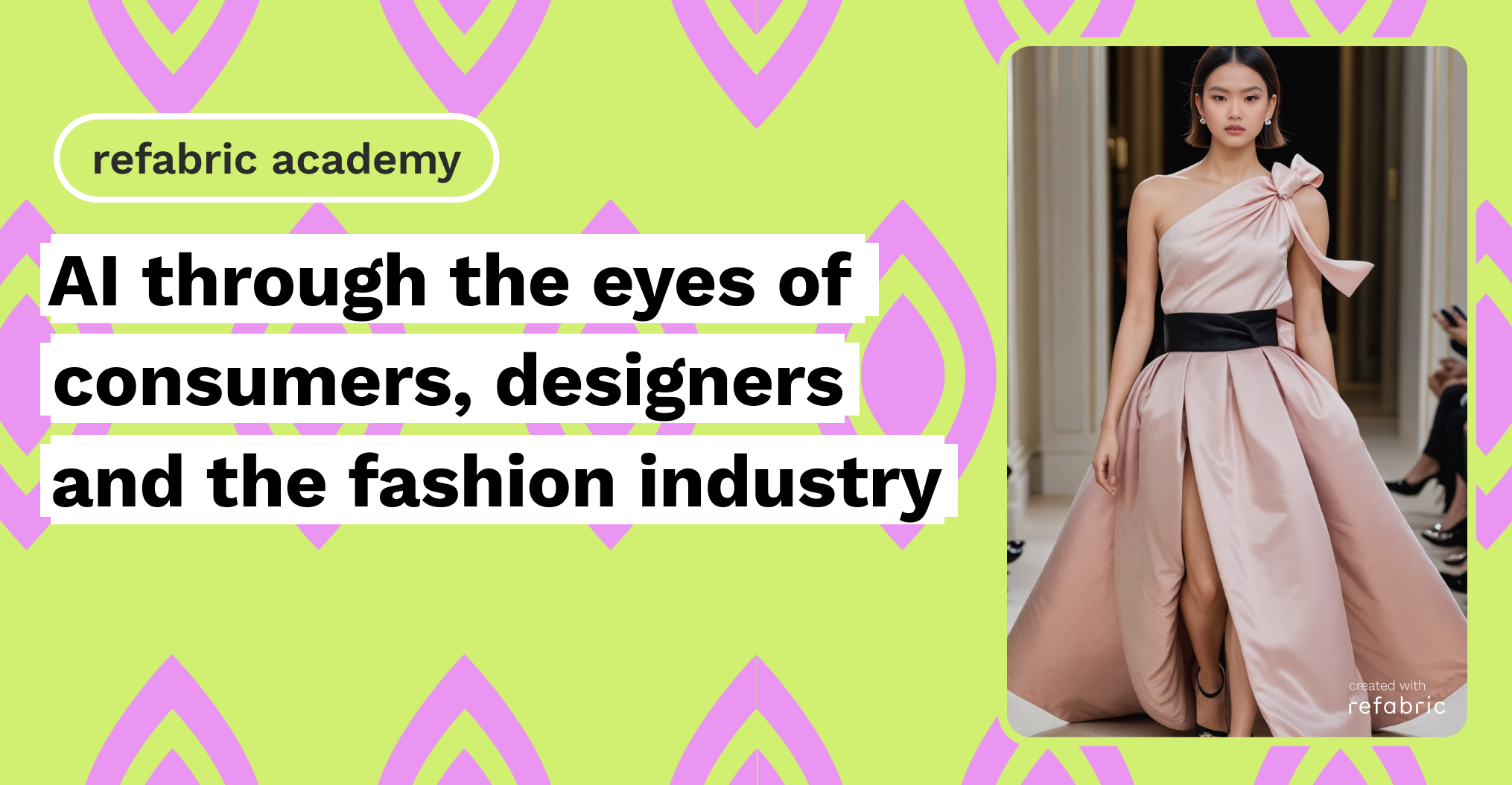Artificial intelligence (AI) is not a brand-new technology. It is a technology that has been evolving gradually for many years and has now reached its peak, at least for the time being. So why is everyone talking about AI today when in the past it wasn’t a topic that everyone and every sector was aware of? The reason is that AI has advanced to the point where it is now possible to collaborate with AI even without having much technical knowledge.
One reason for the widespread use of AI is the user-friendly development of AI interfaces. Another factor is the increase in technological literacy. In other words, Generation Z, born into the heart of technology, has taken its place on the stage as a new consumer segment. Being the first generation to grow up with smartphones, Generation Z is potentially the most receptive to the use of artificial intelligence in shopping.
With artificial intelligence now being so accessible, it is inevitable that production processes and consumer habits will be affected. The winds of change created by artificial intelligence are also significantly impacting the fashion world… Now, let’s explore these impacts further…
How do consumers feel the impact of AI?
Virtual fitting rooms: Online shopping can often lead to disappointment when the received items don’t match expectations. A significant number of online shoppers feel excluded or disappointed due to issues such as lack of representation in model images or items not meeting their expectations. AI is transforming online shopping by addressing virtual sizing and fit concerns. For example, Google’s AI-powered virtual try-on for Google Shopping provides a solution to sizing issues by offering a wide range of diverse models, catering to different body shapes and skin tones.
Customer satisfaction: Customer satisfaction and loyalty are heavily influenced by personalized recommendations. 73% of shoppers expect brands to understand their personal tastes and preferences. Brands have been aware of this for years, which is why you often see product ads tailored to your tastes on social media or are shown other products you might like when making a purchase. AI plays a crucial role in assisting brands with personalized recommendations, contributing to increased customer loyalty. This role is expected to become even more significant in the future.
How do designers feel the impact of AI?
AI as a creative partner: Fashion designers are finding AI to be a valuable ally in boosting creativity. AI-driven solutions are revolutionizing every aspect of fashion design, from initial concept generation to final product realization. With AI, designers can quickly visualize their design concept in real life through visual or textual input, eliminating the need to physically create the envisioned design. If designers are dissatisfied with the initial result, AI can swiftly address issues that would otherwise take days to resolve. Designers can iterate and refine their designs until they achieve a satisfactory outcome.
How does the fashion industry feel the impact of AI?
A more sustainable future: Annually, the fashion industry produces 186 billion pounds of textile waste, with 87% of it ending up in landfills or incinerators. Technological innovations, such as AI, are crucial for optimizing supply chains and reducing waste. With sustainability becoming a priority for 75% of Gen-Z shoppers, AI is set to play a significant role in achieving a more sustainable fashion industry.
AI-enhanced trend analysis: AI tools analyze a wide range of datasets, including runway images and social media posts, to quickly identify trends. Companies like Heuritech in Paris and Trendalytics in New York use AI to offer real-time trend analysis. This assists fashion brands and retailers in maximizing sales and promoting sustainability by avoiding production of out-of-trend items.
